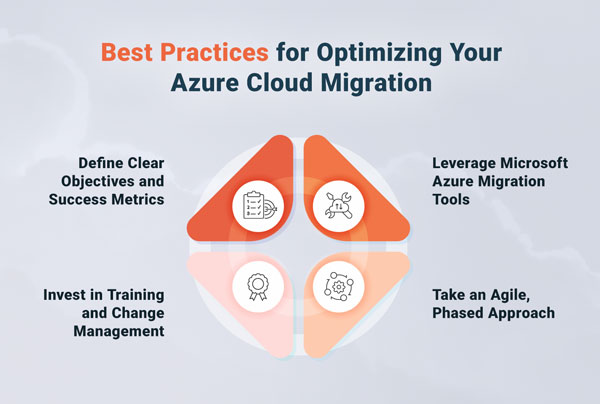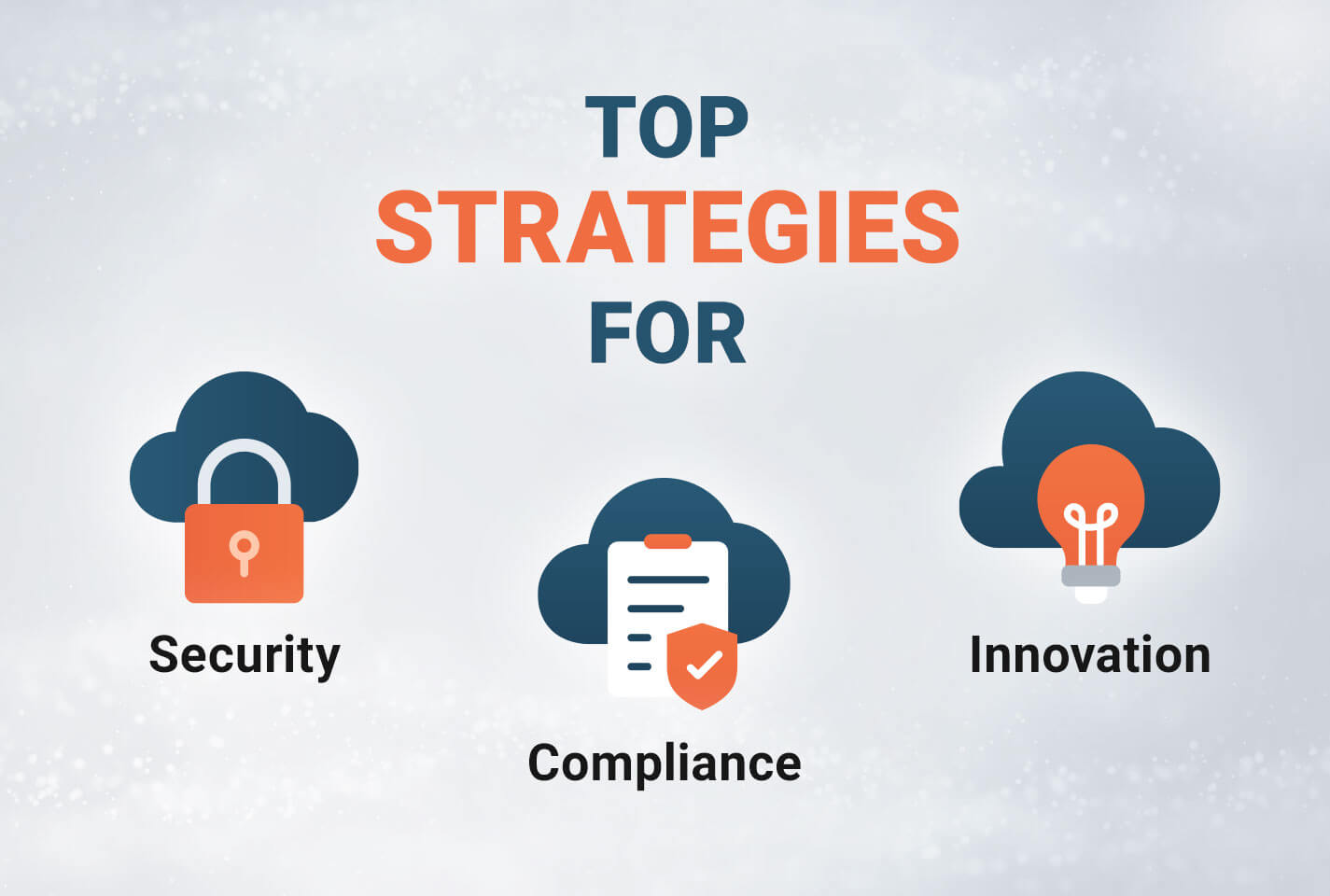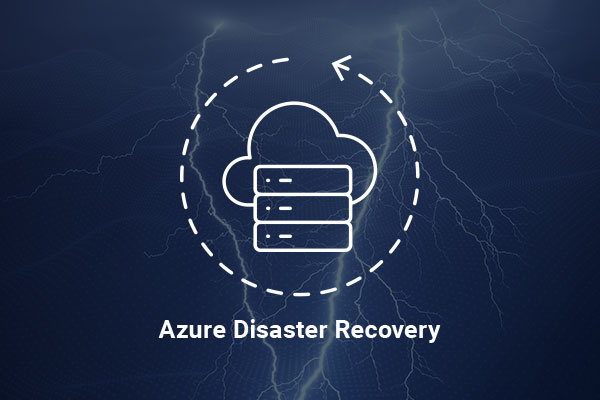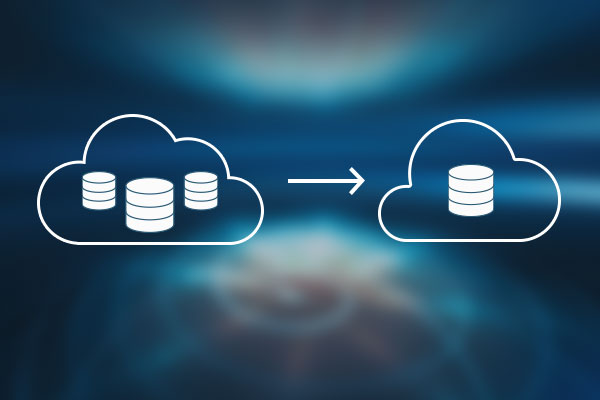Businesses face a bewildering array of infrastructure security threats. Criminals and other bad actors invest substantial resources into developing sophisticated attacks and malware, while businesses struggle to meet the challenges of an ever-evolving threat landscape with vast amounts of money in play. Bromium, a cybersecurity company, estimates that the cybercrime economy was worth $1.5 trillion last year.
Successful criminals accrue huge windfalls by selling stolen data and personal information, by infecting infrastructure with ransomware and crypto-mining malware, and numerous other types of attack. In contrast, worldwide spending on cybersecurity is around $114 billion, according to Gartner, and there is a dire shortage of experienced cybersecurity professionals.
In short, businesses need all the help they can get to secure their infrastructure.
IT Security in the Cloud
Cloud migration is one of the least expensive moves a business can make to enhance infrastructure security. It’s challenging in the extreme to build and maintain a secure infrastructure platform, and, as recent data thefts have shown, even the biggest businesses can get it wrong – largely because security isn’t a priority when it doesn’t contribute to achieving a business’s strategic goals.
For a cloud vendor like Microsoft, security is a primary strategic goal. Microsoft has the experience, the expertise, and the team to build secure infrastructure. Businesses that migrate to Azure experience an immediate security boost and cybersecurity cost reduction because Microsoft handles the physical, infrastructure, and operational security of the underlying platform.
Platform-level security isn’t enough. Infrastructure security is a partnership between the user and the vendor. Microsoft can secure the platform, but it can’t ensure that businesses manage authentication correctly. It can’t force them to encrypt data at rest or implement secure networks over which to move data. Nor can it make them apply patches to their applications and update guest operating systems.
Azure Tools for Hardened Security
However, Microsoft Azure does provide a suite of sophisticated tools that make it easier and less expensive for businesses to fulfill their part of the security partnership. There are too many security and authentication systems to mention in this article, but some of the most important include:
- Microsoft Antimalware for Azure, which provides real-time malware scanning and alerts.
- Azure Virtual Networks and Azure ExpressRoute, which make it easy to build secure private networks.
- Key Vault, which offers world-class key management, a critical infrastructure component for effective authentication and data encryption.
- Azure Security Center, a comprehensive security management system.
Microsoft has a tremendous amount of experience as a builder of secure enterprise infrastructure platforms, and that expertise is embodied in the selection of security tools it makes available to businesses. Microsoft’s management of Azure security and the powerful tools it makes available provide a robust platform on which companies can deploy applications and store data with confidence.
VIAcode can help your business to build a secure infrastructure deployment on Azure. Fill out the form below to get in touch with our Azure security experts today to learn more, or try out free Azure Snapshot tool for an instant score about your Azure implementation.







